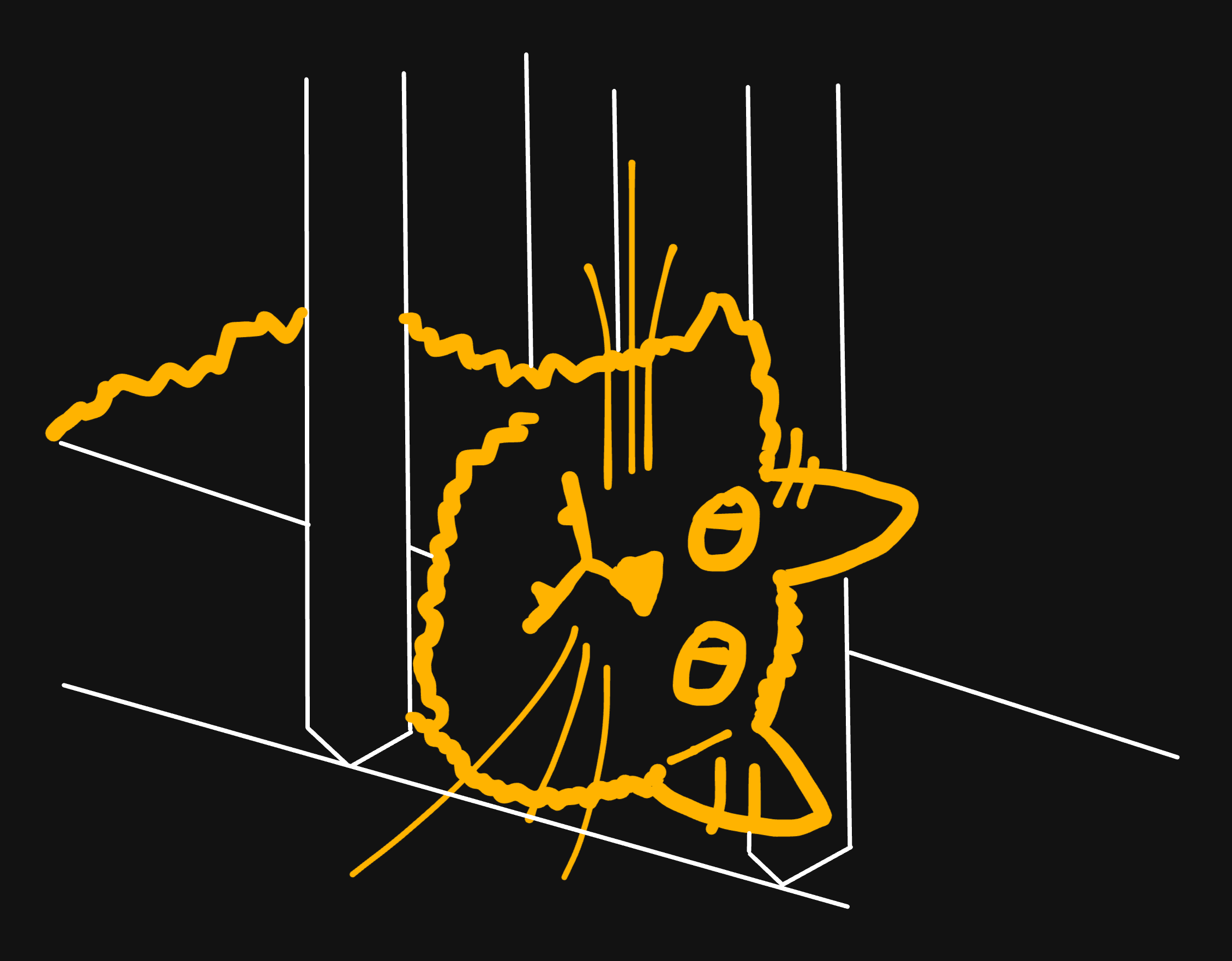Sometimes unused class or function manages to slip into code base. Static code checkers like ruff, flake8 does not have rules for detecting such globally unused code.
I tried using vulture, but it has too many false positives to have it as part of CI/CD pipeline.
I have tried to implement my own, more reliable check for global deadcode detection.
Please let me know what you think about it.
From a quick look at the code it looks like it uses regex to extract any name assignments and compares that to usages. This approach seems very limited as it has no understanding of context (e.g. the same name used in multiple places, or special methods like
__add__on classes that aren’t called manually).I’d be interested to know what false positives in vulture this solves. The main false positives I’ve found with vulture are:
- Names that are publicly exposed in a library but not actually used
- Methods in classes that are called by an external parent class defined in some external module.
- Special cases (for example unittest functions, which aren’t called manually, or fastapi route decorator functions)
I don’t think this project would solve any of those cases (and in some cases I think vulture has special casing to handle things better).
Yes, you are right 👍 Thanks for pointing this out. And yes, my package is only a subset of
vulturefunctionality.
Interesting. I’ll have to give it a try.
Currently putting together unit tests for a project and I’m using pytest-cov to identify unused blocks of code (that I need to define tests to invoke). A lot of time code isn’t used but should remain as it has a purpose for a future / anticipated need
That’s nice, but that’s usually what testing and coverage are for.
Hello, Im confuse how to use deadcode, installed it with pip install deadcode In Spyder console typed ‘deadcode’ or ‘deadcode .’, result: NameError: name ‘deadcode’ is not defined I want to remove unused variable. Thanks


